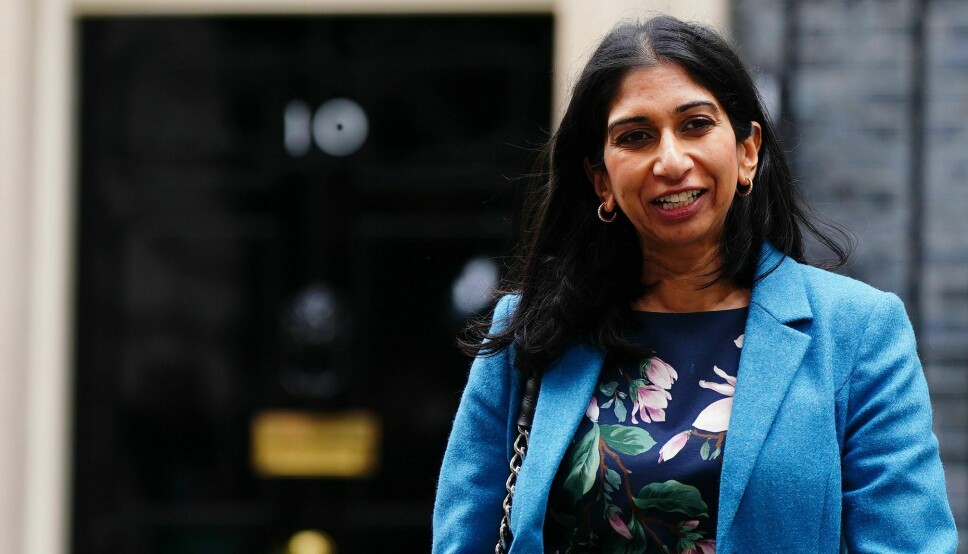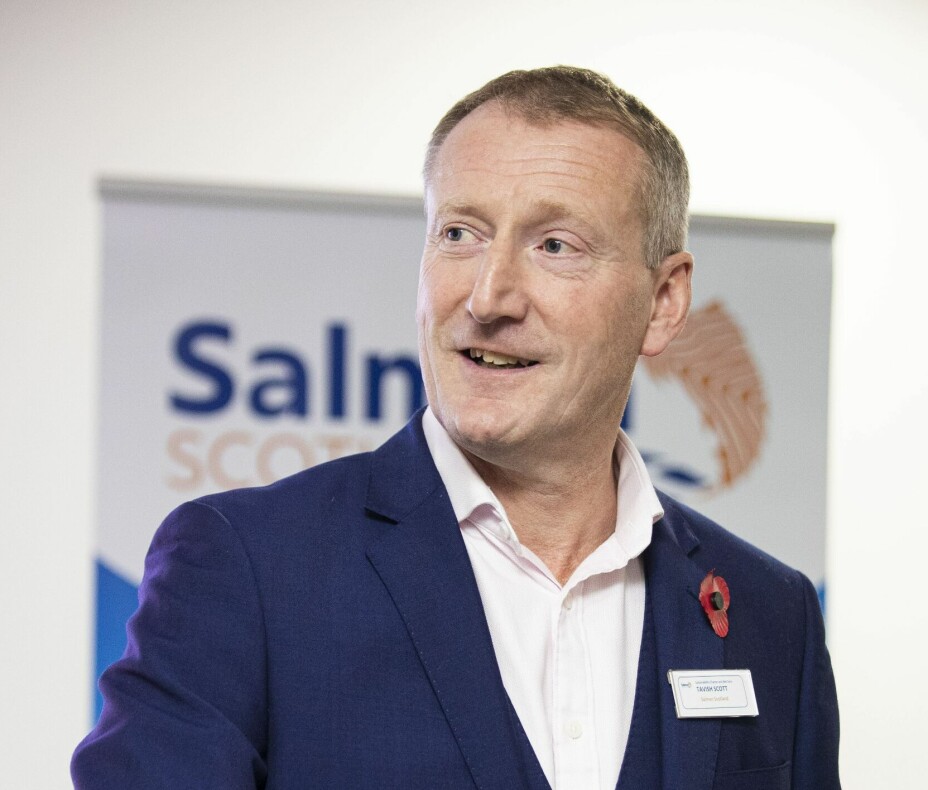
Salmon farmers call for relaxed immigration rules as labour shortage bites
Processing facilities now ‘around 20% light on staff’
Scotland’s salmon farmers have called for a change to the UK government’s restrictive immigration policy to deal with significant labour shortages in the industry.
Tavish Scott, chief executive of trade body Salmon Scotland, said that despite an average salary of £36,000 across the sector, the labour pool had shrunk considerably, with key staff returning home to eastern Europe in the wake of Brexit.
Writing for the opinion section of The Scotsman newspaper, Scott added that low unemployment and extremely limited labour availability in areas where salmon businesses have processing facilities mean factories have been running “around 20% light on staff”.
And he called on Prime Minister Rishi Sunak’s newly re-appointed Home Secretary Suella Braverman to take “a more enlightened approach to immigration” to assist business.
Key worker definitions
“Steps could include a change to key worker definitions, changes to the salary cap level, and a broader public signal that the UK is open to people and business,” said Scott.
The salmon sector generates £760 million for the UK economy, and with the right decisions from UK and Scottish governments, it could generate as much as £1 billion through sustainable growth, added Scott.
But he warned that “if there is no change in the Home Office’s approach, we simply won’t be able to grow at the rate needed to compete with our international neighbours, and we will miss out on the opportunity to improve the UK’s economic situation”.
Trade war fears

Scott said that maintaining and enhancing the sector’s export position to the European Union and wider European markets is of considerable importance to farming businesses, adding that any escalation of EU-UK negotiations over the Northern Ireland protocol “is high on our risk register”.
“Our ask is that a pragmatic approach is taken to these negotiations by the Sunak Government,” said Scott. “No UK export business needs a trade war or even the suggestion of one.”
The Salmon Scotland boss also repeated the sector’s demands for the Scottish government to establish a more streamlined regulatory framework “that is both transparent and efficient, removing the unnecessary planning delays and the bureaucracy generated by too many quangos”.
Scotland’s ruling SNP promised to reform aquaculture regulation in its manifesto for last year’s election, and an independent regulatory review commissioned by Rural Affairs Secretary Mairi Gougeon concluded that the current regulatory system is not fit for purpose. However, no changes have yet taken place other than price increases from Crown Estate Scotland, which leases sites to fish farmers, and the Scottish Environment Protection Agency (SEPA), which licenses production.






















































